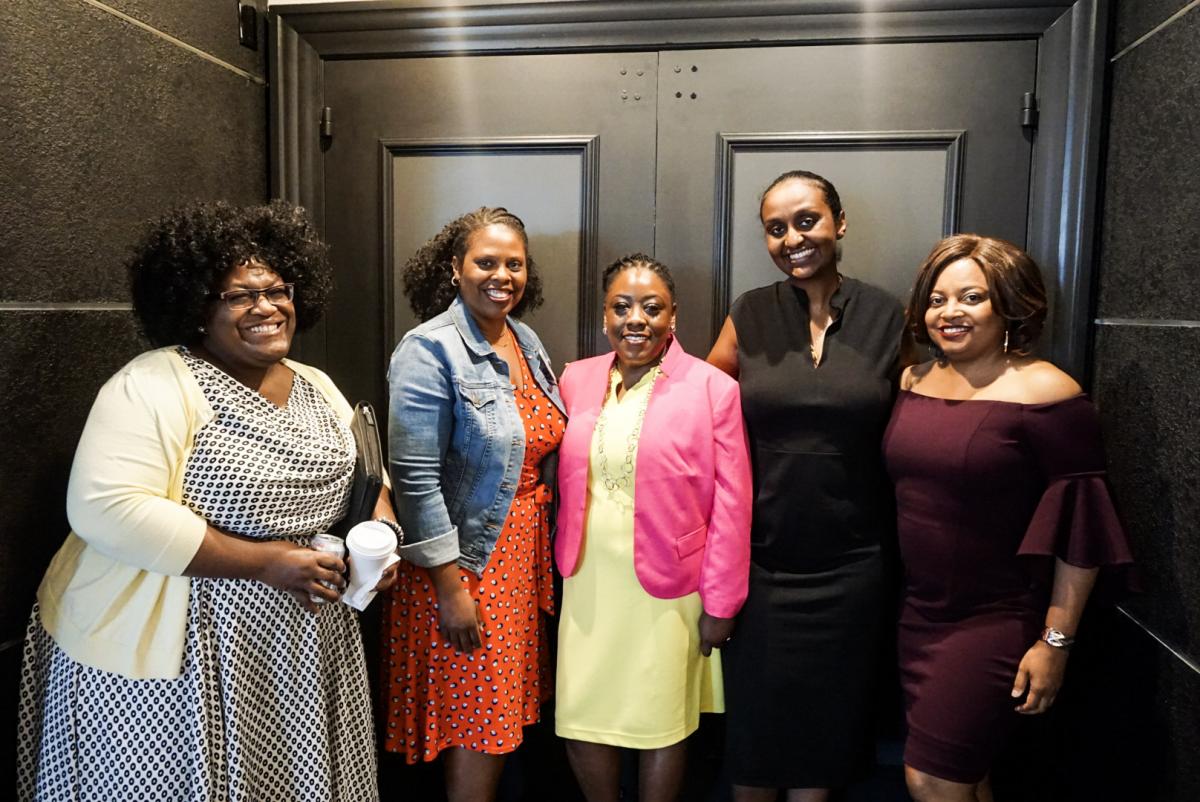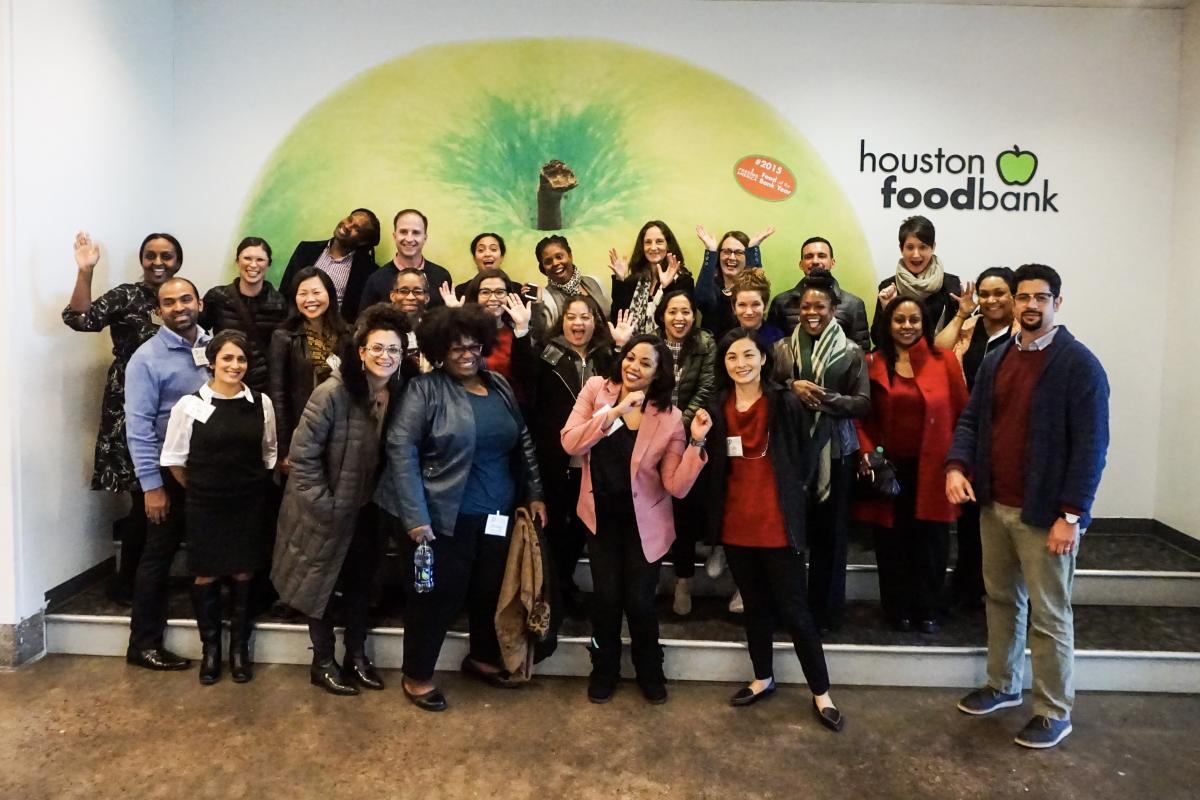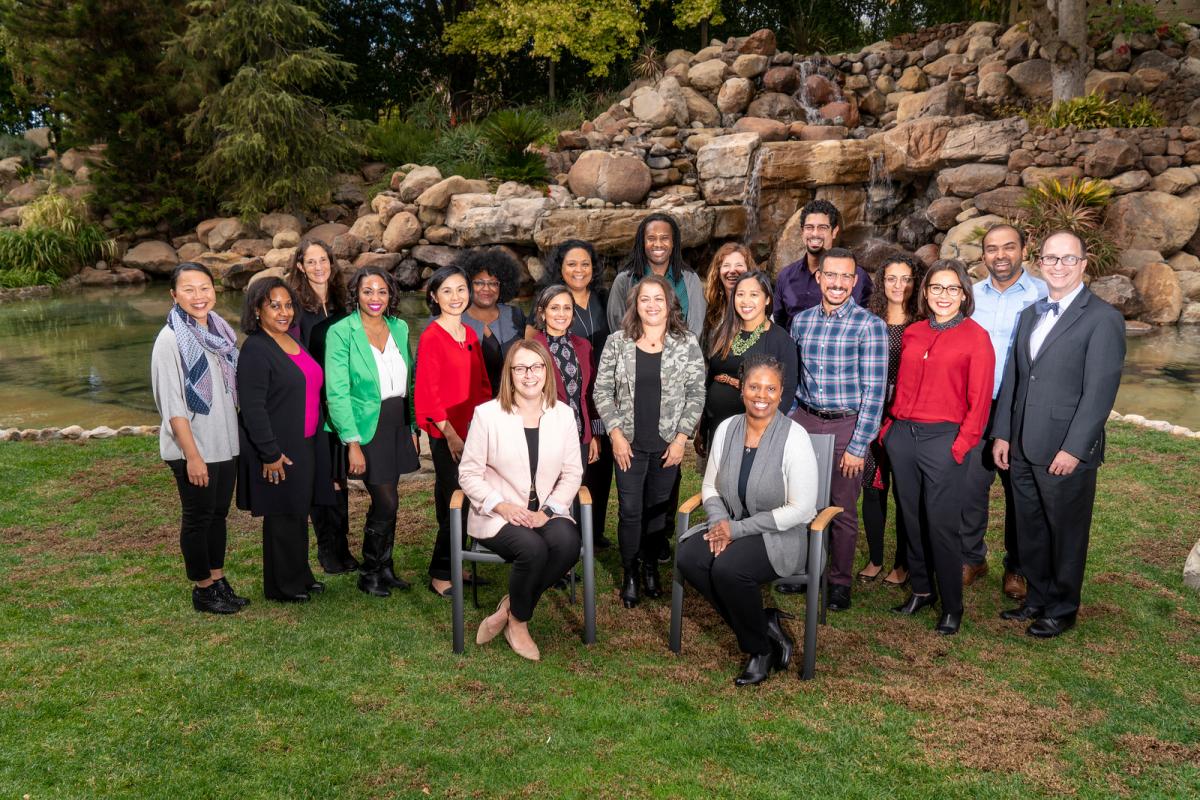Career Pathways: The Unintended Consequences of Leadership Development
I’ve just finished a year-long program that aims to bring more diverse senior leadership to the philanthropic sector. My time with Council on Foundations’ Career Pathways program was transformative and will, no doubt, have an impact on my thinking and career trajectory in ways that I can’t yet even imagine. So what’s the problem?
Don’t get me wrong, knowing that there are people out there who are actively seeking to change philanthropy and the world around it is one of the few things that allows me to function at a time in the world that feels fraught and unnerving. The creators of the Career Pathways program and the rest of my cohort are the kind of thinkers who reminded me every day to love humanity, even when humanity is acting the fool.

I came into the Career Pathways program thinking that I’d get some tips on how to leverage my abilities in ways that would shorten my trajectory to the top and create a network that I’d take with me as I ascend the ladder of philanthropy. I got that certainly, but I also got so much more. I was challenged to identify my leadership style, how it fit into a team and the sector overall, and what I would want to change if I there were no limits on my imagination. I defined who I am and aspire to be as a leader and I created so many potential strategies and ideas that I now need another few months to separate the wheat from the chaff. I saw how I already lead and how much more I can accomplish with the right tools and networks.
The problem is that my organization, although it wholeheartedly supported me throughout the whole process, did not hire this new me. They hired the person that hasn’t gone through leadership training, that hasn’t been given the gift of aiming for goals that hadn’t even been dreamed of a year ago and that certainly didn’t have a thousand new ideas about how to change philanthropy. Stepping into your own leadership sometimes means stepping on someone else’s and that can be tricky to negotiate, especially if your organization is responsible for recognizing your potential leadership in the first place.

Many of us in the cohort came from relatively small organizations, but even for those whose organizations are large, the teams of which they are a part are small. Any change to the dynamic can have serious impacts on how the team functions. What happens when one person enters a program and a completely different person with different aspirations exits it? What are companies supposed to do with a person who is now ready to step into an enhanced position of leadership, when they actually just need you to do the job you were hired to do?
I did wonder why organizations would encourage and support employees to take part in professional development programs like these. Granted, Career Pathways is unique and creates senior-level graduates at a pace that is astounding, but other programs also create successful graduates. Are organizations actually hoping that rather than learning to lead better that we just learn to follow better? Because the unfortunate reality is that when we come back to our home institutions, space has often not been made for the lessons we’ve learned or for the leaders we have become. It’s not out of ill-will, in fact, I suspect that in many cases it’s simply a matter of not having the time or funds to re-examine the organizational structure.
And that’s a shame. So many of my cohort valued the missions of their organizations and created projects that would allow their home institutions to benefit from their strategies…but so many of us were wary of sharing what we had created, for fear of overstepping or jeopardizing collegial relationships and, in some cases, our jobs. It’s such a waste. Organizations have spent money and time (since we were out of the office 4 times during the year) to allow us the opportunity for transformational growth, and yet have not had the opportunity to grow with us so in the end, it’s other organizations that will benefit from whom we have become.

Perhaps we should start exploring leadership development programs for organizations as well. If an organization believes highly enough in an employee to provide professional development, shouldn’t it also have the guidance and opportunity to start examining its own leadership paradigms? What would happen if the employee and organization started growing together and creating space for a new leader and what s/he/they would add to the ecosystem? Why let the people who know your organizations best, and who clearly have the desire to lead, walk out the door when there’s a chance that both the individual and the company could enter into a truly symbiotic relationship that would ultimately benefit everyone?
I am beyond grateful to my home institution for believing in me enough to support me when I got into the Career Pathways program. I’m inspired and excited by what the program has awakened in me and I’m looking forward to seeing how far my fellow participants travel. I also hope that the organizations that produced these fantastic people can step back and re-imagine what new things can be created if they take advantage of the leadership they created.



